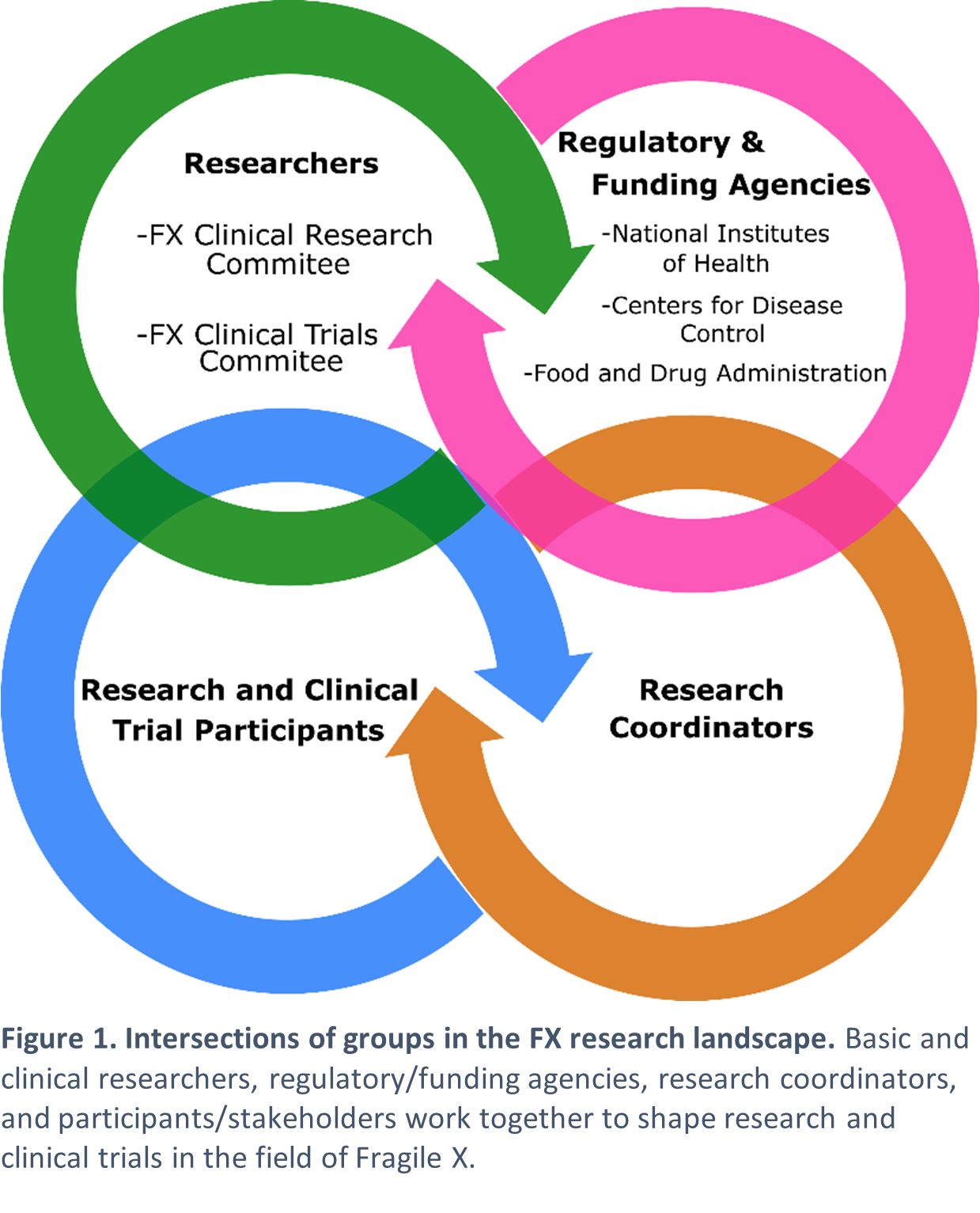By Hilary Rosselot
Tetra Shares Details about their BPN14770 Trials in Fragile X syndrome
Tetra Therapeutics is officially recruiting 12-45 year old males with Fragile X syndrome for their trials on BPN14770.
Chad Coberly and Francie Kivel from Tetra Therapeutics sat down with the NFXF to share the details you need to know about their current trials, including:
- A brief explanation of the trials
- Eligibility criteria, or what criteria participants need to meet in order to be able to participate in the trial
- Study details, like the number of visits, number of blood draws, and travel reimbursement
- Information about the open label extension, or the trial period for guaranteed access to the study drug upon completion of the initial study
- An estimate of when can we expect to know the results of the trials
Watch this short video to learn more about the Tetra trials:
If you are interested in learning more about the Tetra trials, check out Tetra’s MyFXResearch post.
If you are interested in participating in the trial, complete the contact form at the bottom of the MyFXResearch post to send your information to a nearby site.
about

Hilary Rosselot
Hilary joined the NFXF team in 2019. Prior to joining the NFXF team, she worked at the Cincinnati Fragile X Research and Treatment Center for over five years. She has experience as a clinical research coordinator across many types of clinical trials and served as the clinical research manager for the Cincinnati program. She earned a bachelor’s degree in psychology, a master’s, and is a SOCRA certified clinical research professional (CCRP). She enjoys time with family and friends, a great book, a strong cup of coffee and, of course, a good laugh!
learn more
Summary of the Research Landscape Panel at the 18th International Fragile X Conference
Dr. Kate Shelly, a 2022 Jr. Investigator, summarizes the Research Landscape panel at the NFXF's 18th International Fragile X Conference.
Antisense Oligonucleotide (ASO) therapy being explored in Fragile X syndrome!
A publication was released this week summarizing one lab’s discovery that could lead to a future treatment for Fragile X- ASO therapy.



